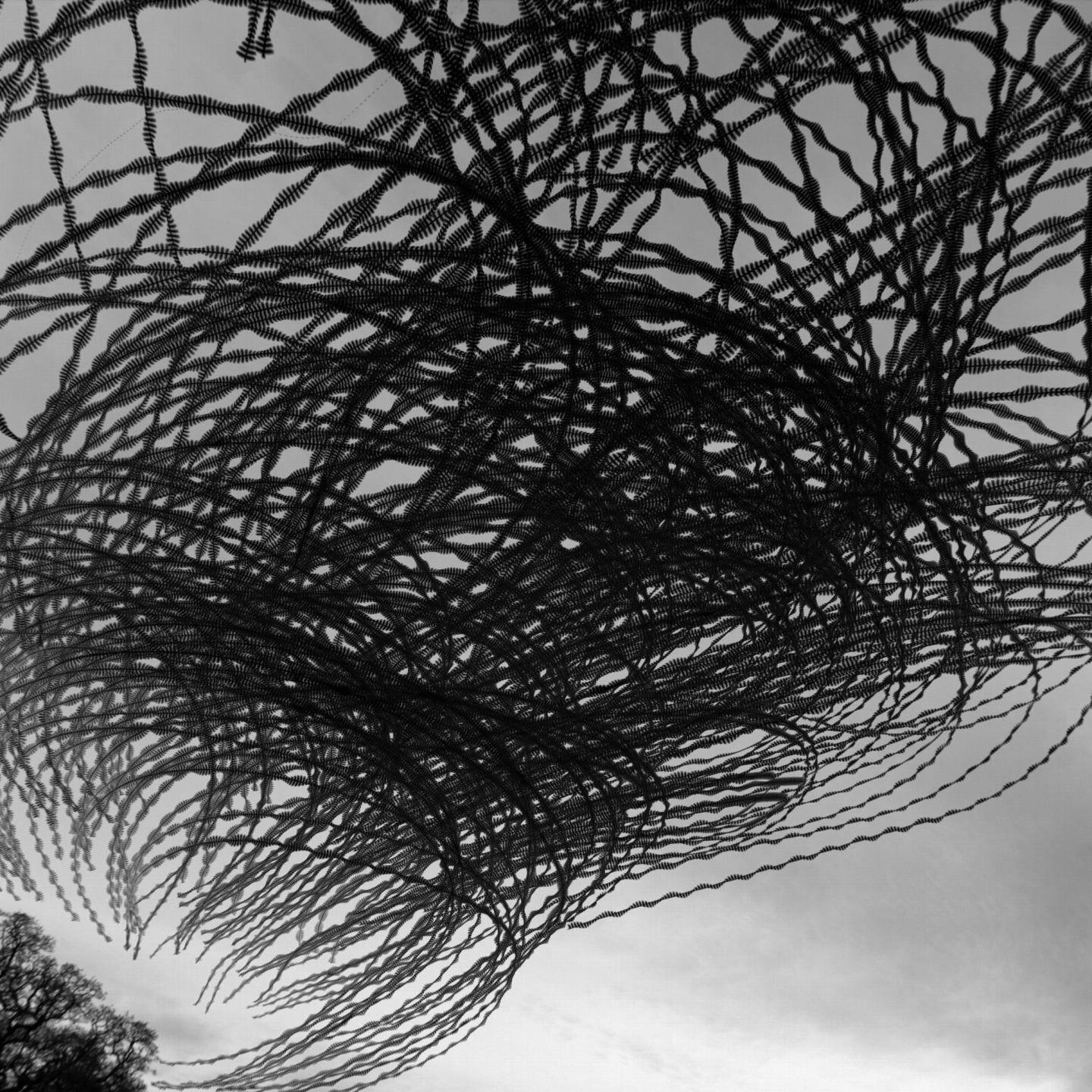
Credit: Alex Thornton
Flocks of birds may appear to move with a single mind, but new research shows jackdaws stick with their mates – even though it harms the flock.
Victorian naturalists were so perplexed by flocks moving together like a single super-organism that they thought birds must be communicating telepathically.
Since then, scientists have shown that this collective behaviour can emerge if every bird in a flock responds to its neighbours by following identical rules.
But a new study by biologists at the University of Exeter, physicists at Stanford, USA, and computer scientists at Simon Fraser University in Canada shows that flocking jackdaws do not all follow identical rules.
Instead, pairs of jackdaws – which mate for life – fly together within the crowd.
The findings reveal a trade-off: paired birds benefit because they use less energy in flight, but the existence of pairs reduces the flock’s ability to react to predators.
“Like friends in a human crowd, pairs of jackdaws stick close together when flying at high speed within large flocks,” said Dr Alex Thornton, of the Centre for Ecology and Conversation on the University of Exeter’s Penryn Campus in Cornwall.
“This overturns our current understanding of how collective behaviour works, because all current models are based on the assumption that flock members are identical agents following identical rules.
“Far from being ‘mindless’ agents, animals in many species are likely to face substantial cognitive demands to recognise and track specific individuals when moving as part of a group.
“Our results call for a major rethinking of our understanding of collective behaviour in nature.”
The researchers tracked the movement of individual jackdaws in flocks, and produced 3D models of the results.
By calculating the wingbeat frequency of all individuals, they found that paired birds use less energy than unpaired birds when flying.
However, pairs inhibit the way information passes from bird to bird, reducing the flock’s responsiveness to disturbances such as predator attacks.
###
The paper, published in the journal Nature Ecology and Evolution, is entitled: “Costs and benefits of social relationships in the collective motion of bird flocks.”
Media Contact
Alex Morrison
[email protected]
Related Journal Article
http://dx.




